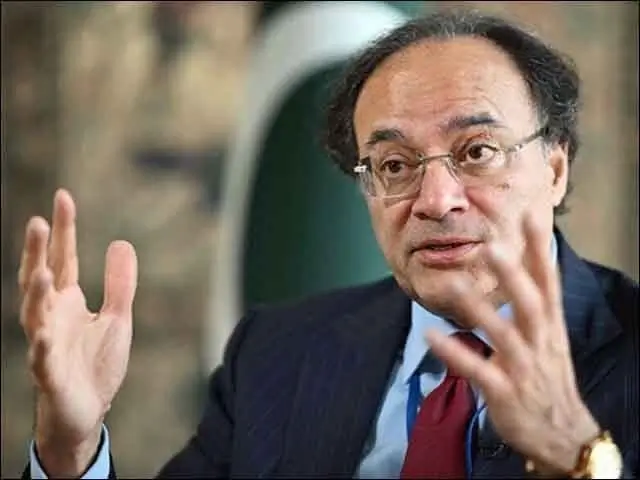According to federal Finance Minister Muhammad Aurangzeb, the government is aspiring to raise the tax-to-GDP ratio in Pakistan from the prevailing level of 9-10% to 13% in the next three years. He emphasized that tax reforms are a significant part of the economic policy of the government.
Speaking to journalists at a press conference held in Islamabad along with Minister of State Ali Pervez and the Federal Minister for Information and Broadcasting Attaullah Tarar, Aurangzeb said that for an economically stable Pakistan, it is necessary to bring the income and expenditure of the taxpayer into line. He also pointed out that there is already a tax amendment bill in Parliament to reduce human intervention through technology within the Federal Board of Revenue (FBR), thereby diminishing the chances of corruption and harassment.
Also Read: Cold Wave in Pakistan to Intensify in January 2025
“The tax-to-GDP target is defined to exceed 13.5% within three years.” The Minister of Finance highlighted ongoing structural reforms. “We are working on digitalization and reducing human intervention to ensure better compliance and efficiency,” he said. Aurangzeb added that there would be major revenue enhancement efforts made about the streamlined digitalization initiatives that began in March earlier.
He ensured that the government would seek to minimize the burden on the honest taxpayer while sealing tax leakages. “Fair distribution of tax burden across all sectors of society,” he added, especially reforms should ensure that no sector bears disproportionately high tax burdens. He indicated that the government was looking into the value chains of sugar, beverages, and cement sectors to understand the tax gaps.
Inflation is nothing but the biggest burden of tax on the poor and to his remarks made by Minister of State for Finance Ali Pervez Malik added that controlling fiscal deficits must be practiced because they curb inflation. “Inflation really has fallen from 30-40% to around 5%, and its effect is now being felt by the general public,” he told the media. Pervez Malik added that the tax burden should not be concentrated on any particular group but be evenly distributed across all sectors. This is also coupled with the fact that a very strong system is present now to collect data on taxpayers and tax defaulters. The government has identified 190,000 individuals who should be brought into the tax net.
”The wealthier contribute their fair bit towards the economy; continuous data exchange, therefore, shall fit into policy framings, said he while mentioning the ongoing capacity-building initiatives within the FBR to achieve compliance in taxes”.
